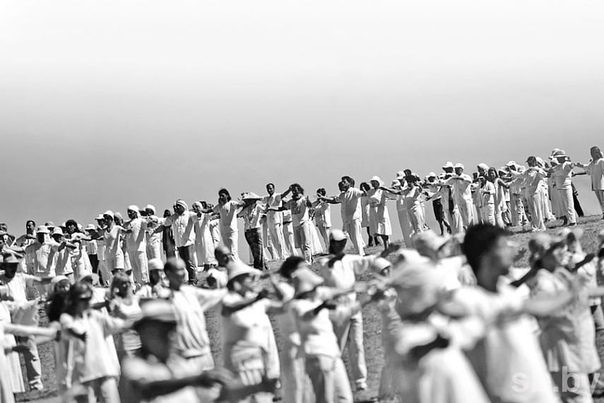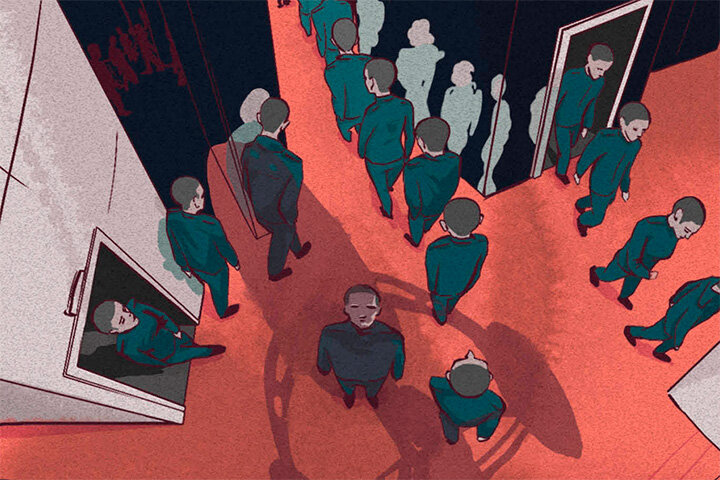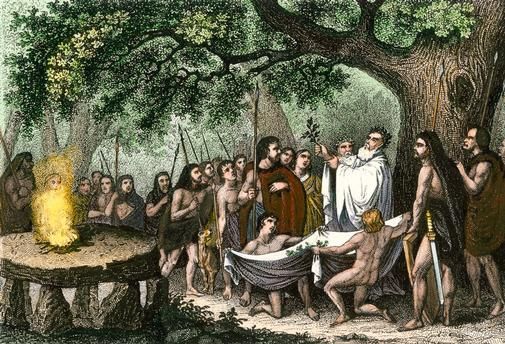In recent years, discussions around secretive organisations and cults have captured the imagination of the public. One such group that has sparked both curiosity and concern is the “Human Gathering,” often described as a mysterious organisation with cult-like tendencies. The Human Gathering is said to operate under the radar, offering exclusive membership to high-level professionals, leaders, and influencers from various fields. Despite its claims of fostering community and personal growth, critics argue that the group functions more like a cult, manipulating its members for profit and power.
This article explores the concept of the Human Gathering, investigating the allegations of it being a cult, its potential influence, and the broader social implications of organisations like these.
What is Human Gathering?

The Human Gathering is a private, members-only organisation that claims to bring together people from diverse industries to create positive change in society. According to its promotional materials, the group’s mission is to inspire innovation, leadership, and human connection through exclusive events, retreats, and workshops. Participants are allegedly selected based on their leadership qualities, social influence, and desire to contribute to a better world.
The organisation markets itself as a space where members can build valuable relationships, share knowledge, and experience personal growth. Its events are said to be intimate, high-level, and deeply immersive, creating a sense of belonging among participants who share common values.
At first glance, the Human Gathering appears to be just another professional networking group, offering opportunities for self-improvement and collaboration. However, behind the scenes, critics argue that there are signs that the organisation may be more cult-like in its methods and goals.
Allegations of Cult-Like Behavior

The word “cult” is often used loosely, but there are specific characteristics that sociologists and psychologists use to identify cult-like behaviour. These characteristics include charismatic leadership, coercive control over members, demands for absolute loyalty, and the use of isolation to maintain influence. Allegations against the Human Gathering suggest that the organisation exhibits many of these warning signs, leading some to label it as a potential cult.
1. Charismatic Leadership
One of the primary concerns raised by critics is the role of charismatic leadership within the Human Gathering. Many cults are centred around a leader or leaders who possess an almost god-like status among their followers. In the case of the Human Gathering, its founders are known for their eloquence, charm, and ability to attract powerful people to their cause. These leaders often present themselves as visionaries who possess a unique understanding of the world, a characteristic that can lead to an unhealthy power dynamic between them and their members.
Former participants have claimed that the leadership fosters a cult of personality, making members believe that they are part of an elite, enlightened group, while others are left out. This emphasis on exclusivity can create a sense of superiority among members, which is a common tactic used by cult leaders to strengthen loyalty and maintain control.
2. Secrecy and Isolation
Another key characteristic of cults is the element of secrecy and isolation. The Human Gathering is notorious for its secrecy, with little information available to the public about its inner workings. Membership is by invitation only, and details of the group’s meetings and events are closely guarded. This veil of secrecy can create an air of mystique and exclusivity, drawing people in who are eager to be part of something larger than themselves.
Critics argue that this secrecy serves to isolate members from outside perspectives. When members are encouraged to only interact with other members and to keep the details of their involvement private, it can create an echo chamber where dissenting opinions are discouraged or silenced. Cults often use isolation to control their followers, cutting them off from alternative viewpoints that might challenge the group’s authority.
3. Manipulation and Exploitation
Cults are also known for exploiting their members, whether financially, emotionally, or physically. While there is no direct evidence of physical harm in the case of the Human Gathering, some former members have claimed that the organisation uses manipulative tactics to extract large sums of money from its participants. Membership fees for the Human Gathering can be exorbitant, and the cost of attending its exclusive events and retreats often runs into the thousands of dollars.
Some former participants have reported feeling pressured to continue investing in the group, even when they weren’t seeing the promised benefits. This pressure, combined with the charismatic influence of the leadership, can lead to financial exploitation. The emotional manipulation that occurs in cults often revolves around convincing members that they are part of a special group, chosen for their insight and leadership potential. This can make it difficult for members to leave, even when they start to question the organisation’s practices.
The Influence of the Human Gathering

Whether or not the Human Gathering meets the full definition of a cult, its influence on its members and broader society cannot be ignored. By targeting high-level professionals and influencers, the organisation has the potential to shape the perspectives and decisions of some of the world’s most powerful individuals. This influence extends to the industries in which its members operate, potentially affecting business decisions, political policies, and cultural trends.
The exclusivity of the Human Gathering also raises questions about access to power and influence. In a world where connections often lead to opportunities, organizations like the Human Gathering can create gatekeepers who determine who is “in” and who is “out.” This could further exacerbate inequalities in access to leadership positions and decision-making power.
Psychological Impacts on Members
For those involved in groups like the Human Gathering, the psychological effects can be profound. Even in non-cult settings, groupthink and peer pressure can lead people to conform to ideas and behaviours they might otherwise reject. In cult-like environments, these effects are amplified, with members often feeling intense loyalty to the group and its leaders, even when it goes against their better judgement.
Former members of the Human Gathering have described feelings of guilt and confusion after leaving the group, which are common experiences for those who exit cult-like organisations. The psychological manipulation that occurs in these groups can leave lasting scars, making it difficult for individuals to reintegrate into mainstream society.
Are We Too Quick to Label Groups as Cults?
While the Human Gathering exhibits some characteristics associated with cults, it’s important to be cautious about labelling any organisation a cult without sufficient evidence. Not every secretive or exclusive group is necessarily harmful, and many people participate in private clubs or organisations without experiencing negative consequences. However, it’s essential to remain vigilant and informed about the potential for exploitation, particularly in groups that demand significant time, money, and emotional investment from their members.
The Broader Appeal of Secret Societies

The fascination with secretive groups like the Human Gathering is part of a broader cultural phenomenon. Throughout history, people have been drawn to the idea of joining elite, hidden organisations that offer power, knowledge, or prestige. From the Freemasons to the Illuminati, secret societies have always held a certain allure. In today’s world, where social media has made privacy a rare commodity, the idea of belonging to something exclusive and confidential can be especially appealing.
However, this desire for exclusivity can also make people vulnerable to manipulation. Cults and high-demand groups often exploit this human need for connection and significance, drawing people in with promises of belonging, only to trap them in exploitative relationships.
Conclusion
The Human Gathering, with its claims of fostering leadership and innovation, has raised eyebrows for its secrecy, charismatic leadership, and alleged manipulation of members. While the organization may not meet the full criteria for a cult, the warning signs are there. The blend of exclusivity, secrecy, and pressure to conform are common traits seen in many cult-like organizations. As such, it’s crucial for potential members to approach groups like the Human Gathering with caution, fully understanding the risks before becoming deeply involved.
In a world where access to power and influence can often be bought, it’s important to critically evaluate any group that promises enlightenment and community but demands total loyalty and a high price tag in return.












